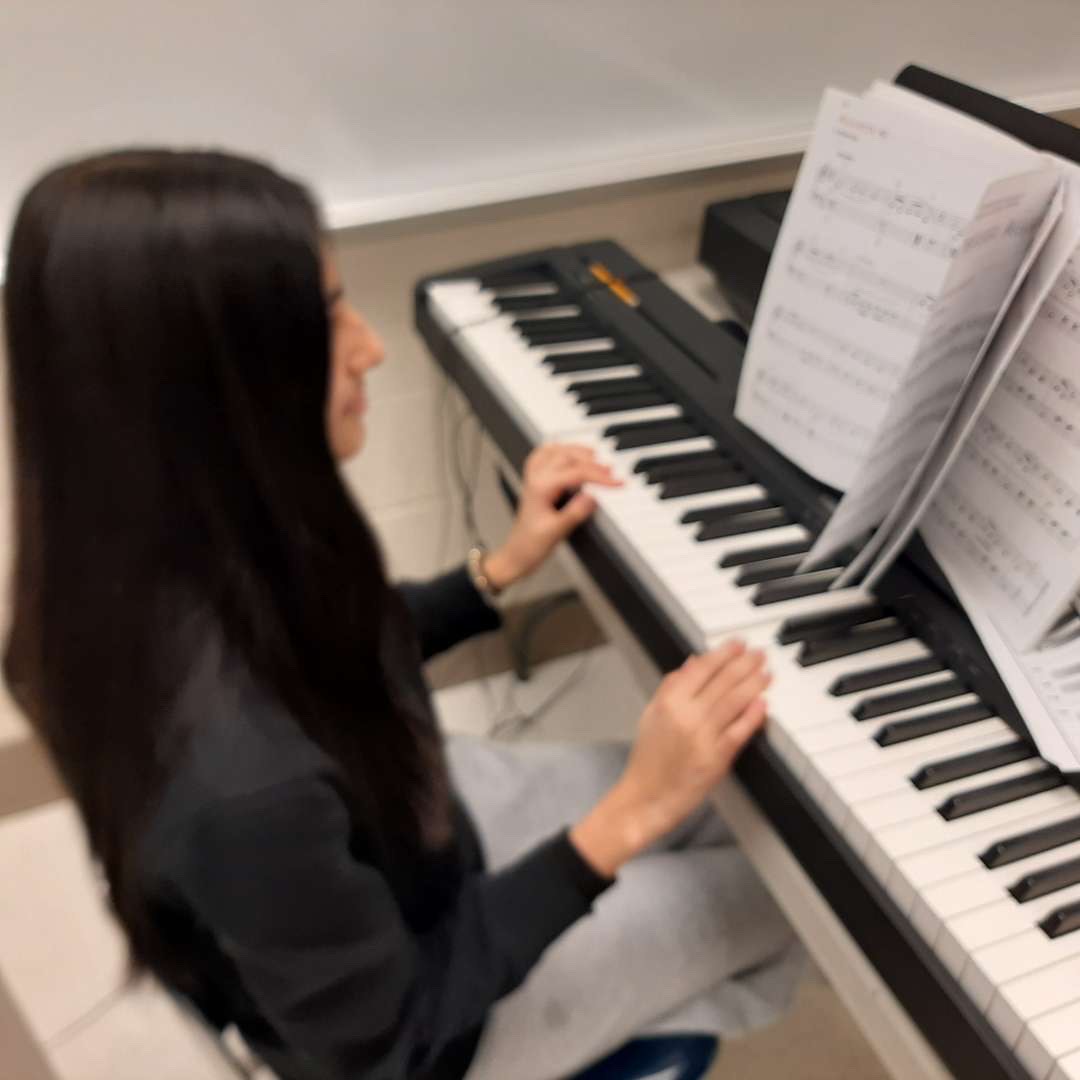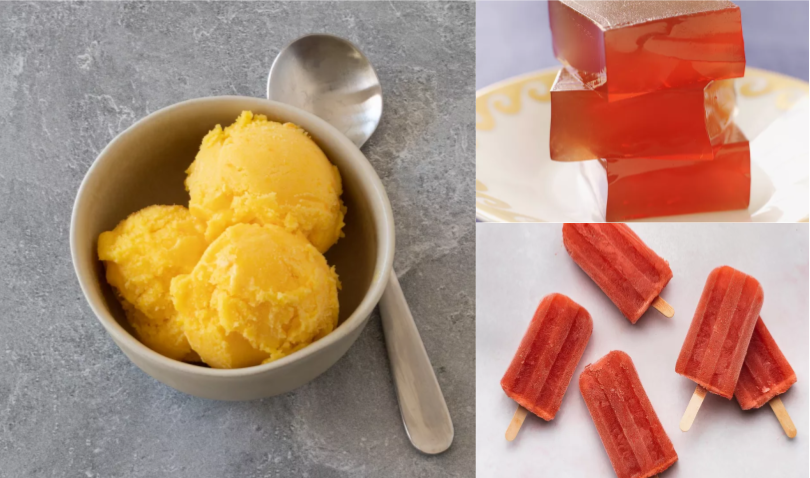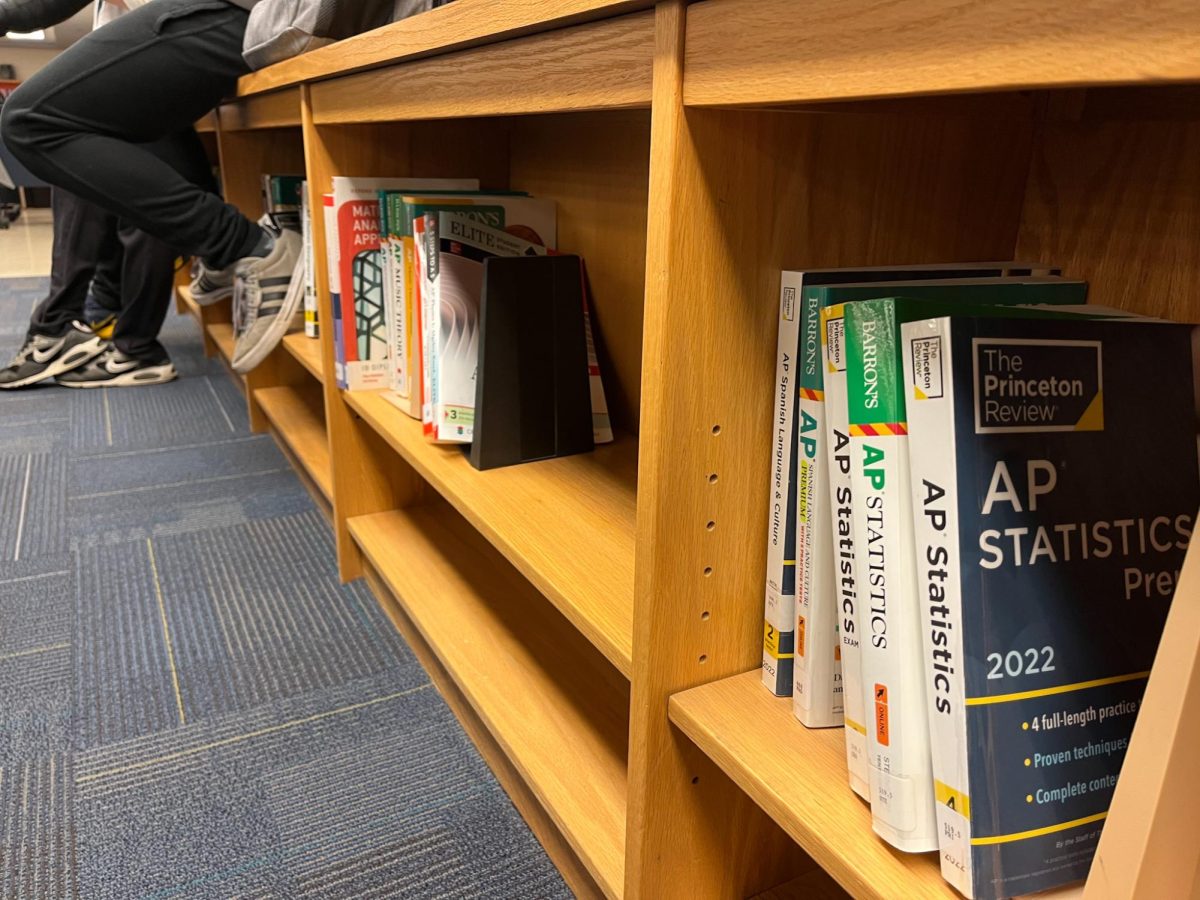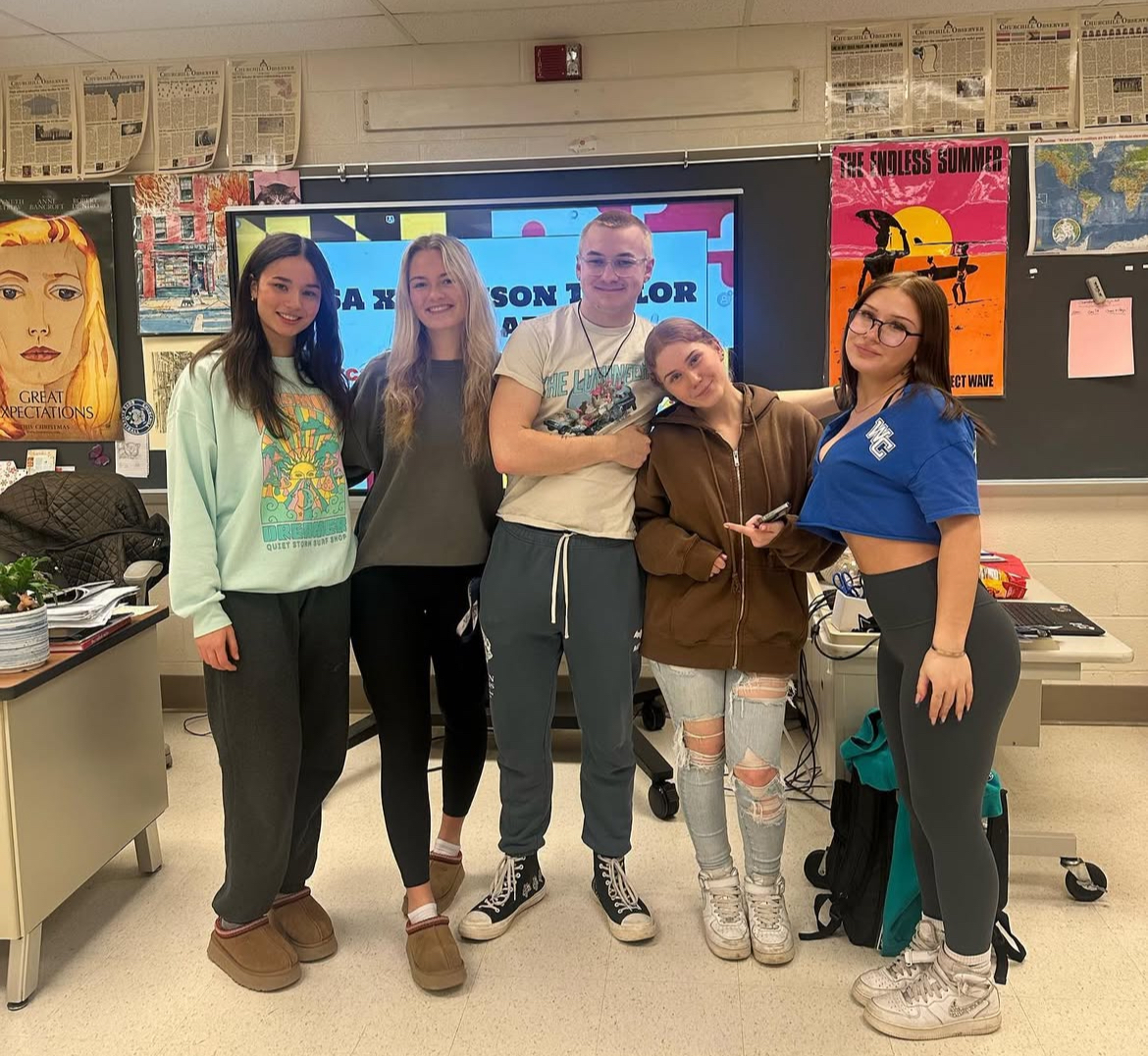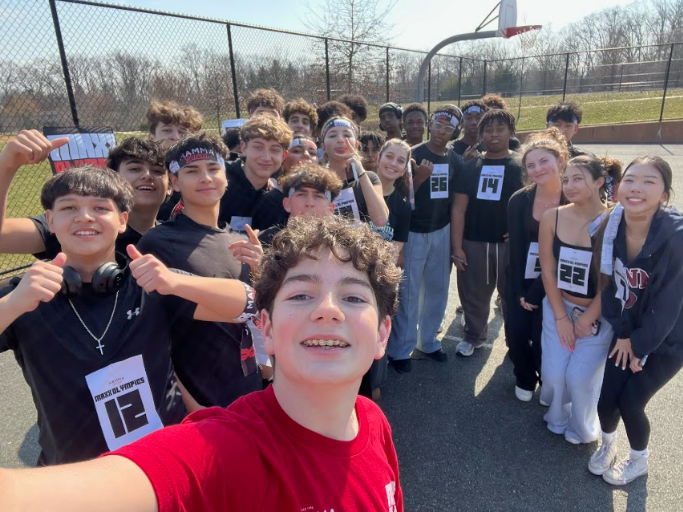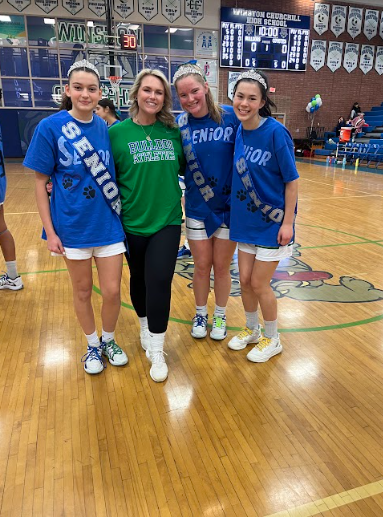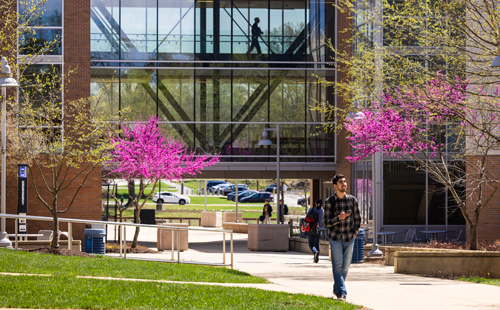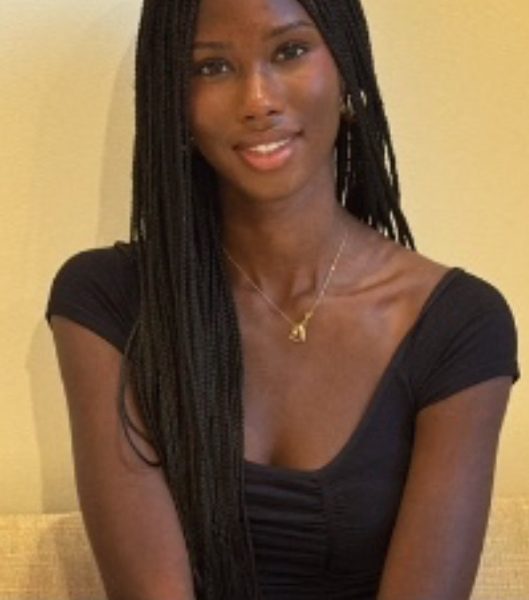Since it is January, many students are choosing the classes they want to participate in next year. While there are many academic options, there are also many elective classes. These classes not only give students a chance to explore their interests but also allow them to earn a fine arts credit. Piano is an elective offered at WCHS that many students do not take. Although it may seem like a boring class to some, it helps students develop an important lifelong skill and gives them time to relax between grueling academic classes.
Practicing an instrument for 45 minutes sounds like little fun for many high school students. However, it gives students time to learn their music pieces, which allows them to relax more at home. In piano class, students practice the instrument or complete worksheets. Since it is a smaller class, students can receive more guidance from the teacher.
“I started taking this [piano] class this year,” WCHS freshman Diya Blatt said. “I like this class because I can express myself and my emotions. It helps me relieve my mind.”
The electives offered at WCHS are meant to help individuals develop a certain skill. Like the other electives offered, Piano gives students a chance to relax as well as build on their piano skills. By taking this elective, students are able to practice a variety of music selections and work on their concentration. According to “Five Reasons Why Playing Piano is Good For You” by Yamaha Corporation of America, practicing piano allows people to work on their concentration and dexterity.
“In piano class, students develop their coordination, improvisation, learning songs by ear, music reading and composition,” said WCHS piano teacher Matthew Albright.
Piano is an elective that has been offered at WCHS since 2013 and Albright has been teaching the class since it was first offered. The elective gives students a chance to practice a variety of genres on the piano. In addition, students can develop a variety of skills that will further their knowledge of the instrument.
“This course is designed to teach students the fundamentals of piano playing,” Albright said. “Classes will center around proper playing techniques while allowing students to practice a variety of musical styles such as folk, rock, reggae, blues and classical. Students will learn the vocabulary of chords, accompaniment patterns and improvisational techniques.”
Some classes consist of many tests to ensure that students understand the topic they are learning and Piano class is no exception. However, they are not structured in the same way that other classes are, as students partake in playing tests instead of paper ones.
“We have a test every week,” Blatt said. “Though it is not stressful because in this class you get 45 minutes a day, for five days a week to practice your piece.”
Some classes require students to take an important assessment worth about 10% to 20% of their grade. They usually consist of five multiple-choice questions and one or two response questions. However, piano is not a class that has a big assessment worth a large part of a student’s grade.
“We don’t have a district assessment. We are not upheld to a curriculum standard that requires students to play in front of people.” Albright said.
Next year, students will branch out and choose electives that pique their interests. Some students will keep the electives they took the year prior, and others will try new electives. Although final changes are months away, students have started preparing now and choosing alternatives in case they do not get their first choice.
“I will be taking this class next year, because it is very fun, and I enjoy playing music on a piano,” Blatt said. “I would recommend this class to another student because they get to play their favorite pieces, and if they are a beginner they get to learn and develop new skills.”
In piano, there are two levels. One is for students who are fairly new to playing the piano, and the other level is for students who are more experienced and have played more complicated pieces. In Piano 1, students play from a book that contains a variety of popular music pieces. In Piano 2, students are given the opportunity to choose their songs, which they can play during class periods.
“There are different skill levels in this class, there are people who have been playing for 10 years and people who have been playing for 10 seconds,” Albright said. “Not everybody takes private chemistry lessons when they are a kid, but lots of people take piano lessons as a kid. I have had 30 years of training to know what level to put them at. There is a list of pieces and requirements that are typically important in the piano community to determine skill level, and I sometimes reference this list.”


